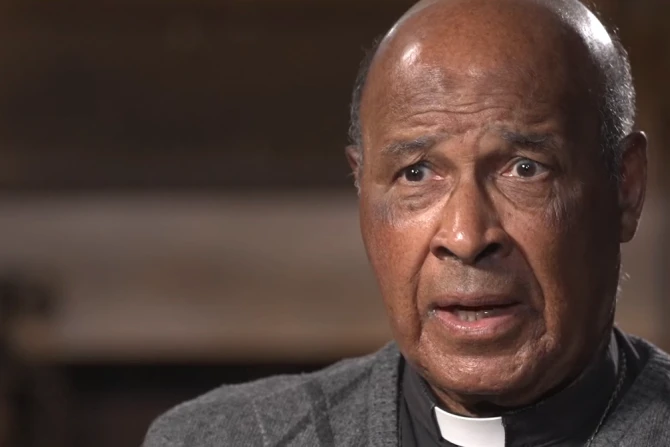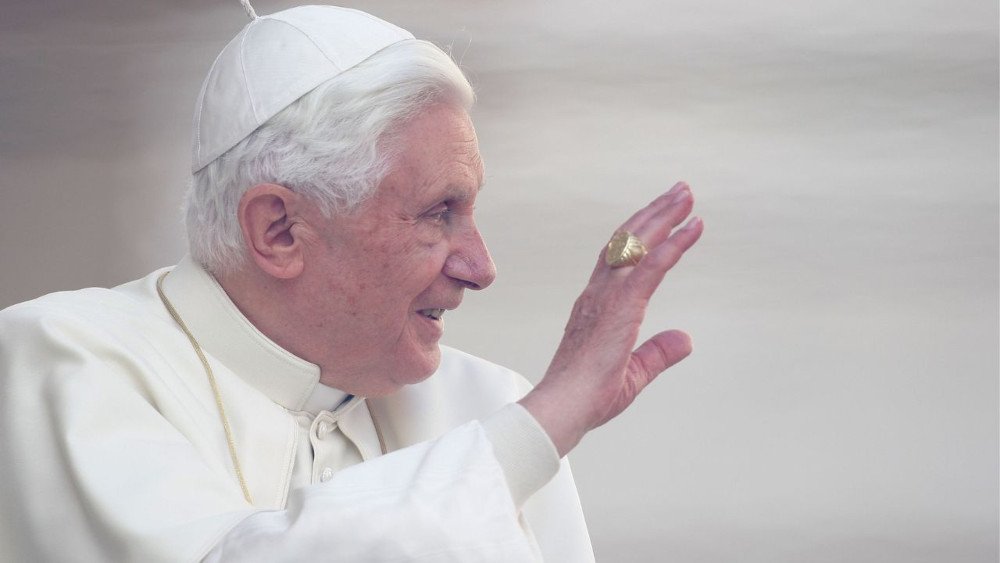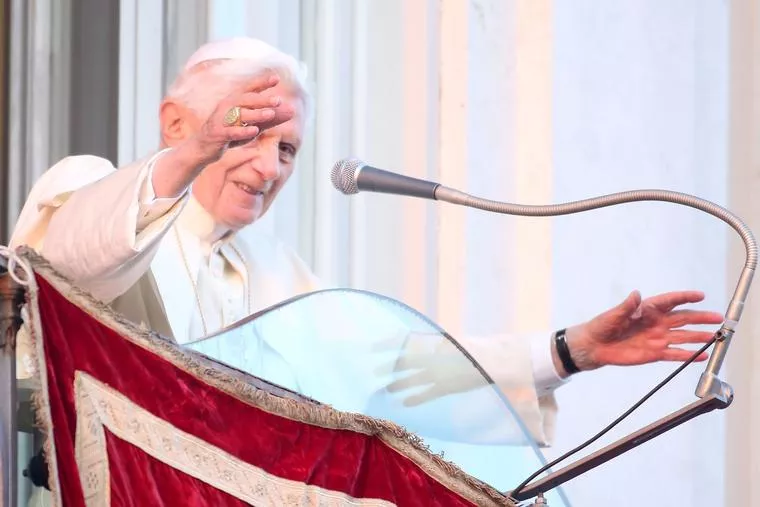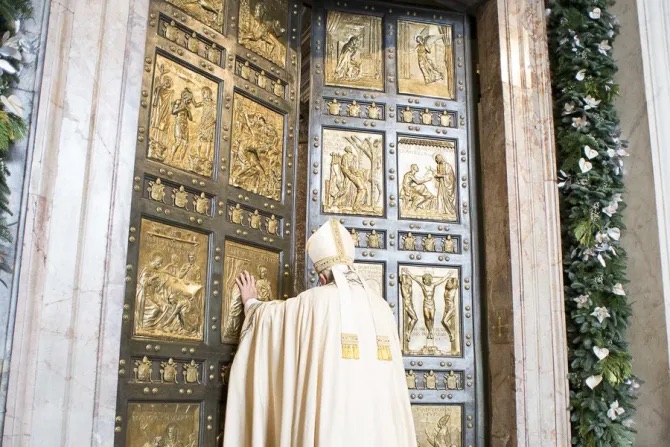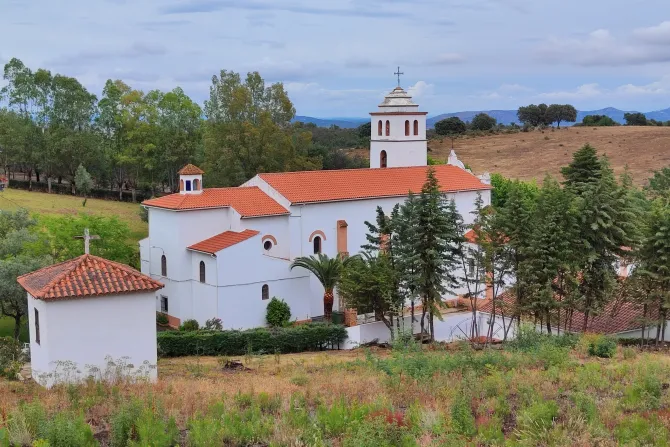South African Cardinal Wilfrid Napier this week said the Catholic Church can lead in helping overcome decades of apartheid and racial divide that continue to dominate life in his country.
FIND THE POPE’S BIOGRAPHY HERE
Speaking to EWTN News’ Colm Flynn in Rome on Monday, the prelate acknowledged the lingering effects of apartheid, which for decades imposed a rigid racial segregation in South Africa in favor of the nation’s white minority.
Although the racial segregation system was largely abolished by the early 1990s, “the structures of apartheid that were put into place cannot be reversed,” Napier said.
The ongoing effects of the racist policies, Napier said, are manifested in the reality of “township churches, township parishes, and [then] your more middle-class and sometimes upper-class parishes” in the country.
“That’s the reality the Church has to work in,” he said, pointing out that the “very deprived areas” mostly consist of Black citizens, while wealthier areas are more mixed.
The Church can help “overcome” these historically unjust circumstances, he said, by “ensuring that when we have diocesan meetings [and] diocesan structures, we draw from all those backgrounds and bring the people together.”
Napier reflected on participating in protests years ago and being afraid that police might open fire on him and his fellow demonstrators.
“It was as serious as that sometimes,” he said. “Because we decided as a Church [that] we cannot sit in the background and simply pray in our churches. We have to go out onto the streets.”
South Africa was recently in the news when President Donald Trump, while hosting South African President Cyril Ramaphosa, played footage at a South African rally in which participants chanted “Kill the Boer.”
Asked about such chants and slogans at South African political events calling for violence and “revolution,” Napier said the “Kill the Boer” slogan was a “protest song.”
“The basis of it was, the government has taken our land,” he said. “They’ve given this land to these Boers, these Afrikaners, [and] they won’t give it back to us… We’ll take it back.”
Admitting that progress in the often crime-plagued nation has stalled in recent years, the prelate said the Church in South Africa “dropped the ball” in ceding much of the work of reconciliation to politicians.
Asked by Flynn about the overall state of the Church in South Africa today, Napier said the Catholic Church, if it wants to have “an impact on society,” must start with “good, strong parishes.”
“If it’s going to have good, strong parishes, it needs good, strong families,” he said. “If it’s going to get new good, strong families, it needs good, strong marriages. To get that, it must have good marriage preparation.”
“I think that would be my starting point in saying that if we’re going to make an impact on society, we have to look at where society actually gets its strength from, and that is from the family, the community of the family,” he said.
Flynn’s full interview with Napier can be viewed below.
SIGN UP FOR OUR NEWSLETTER HERE
This article was originally published on CNA.

